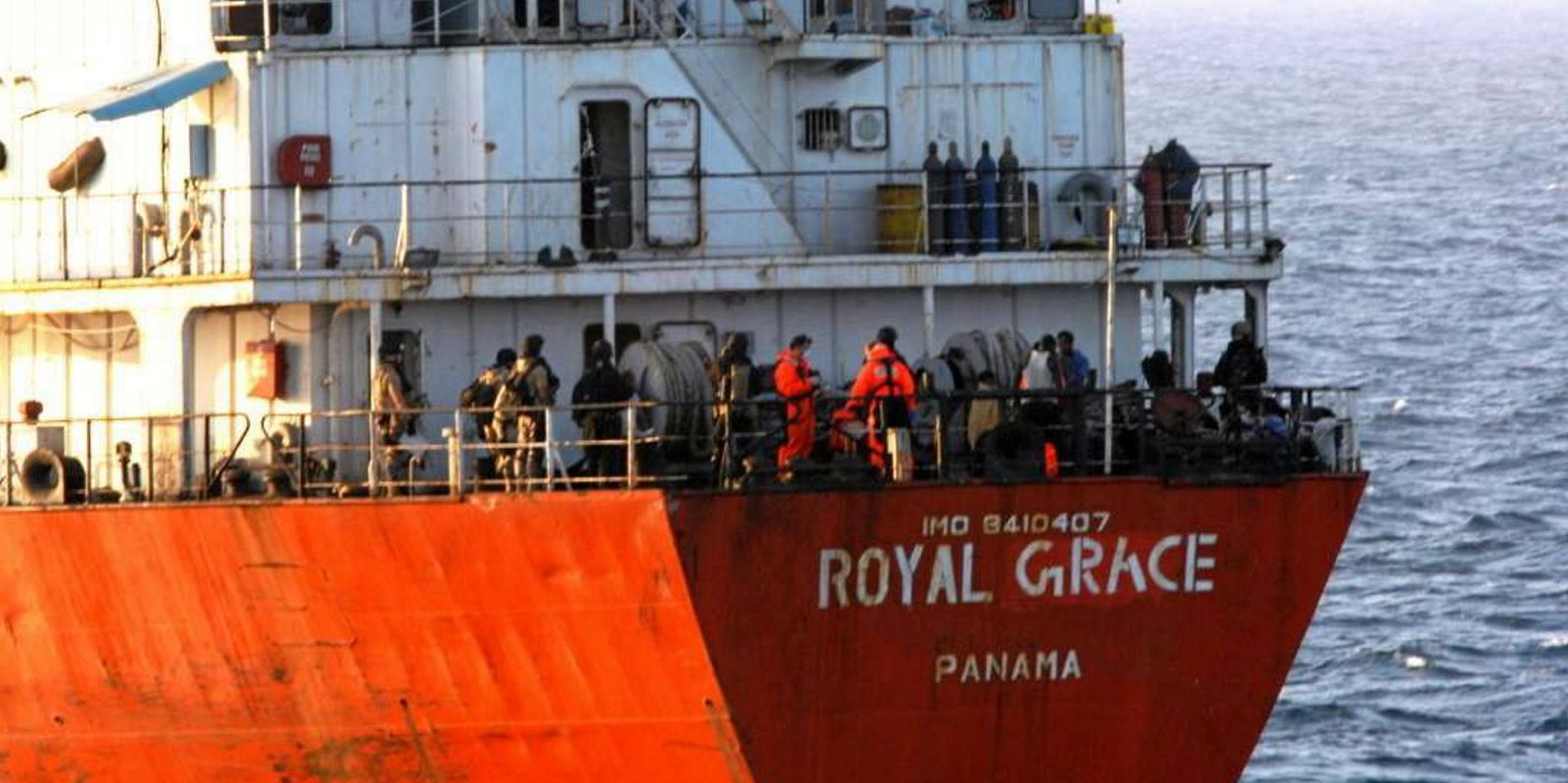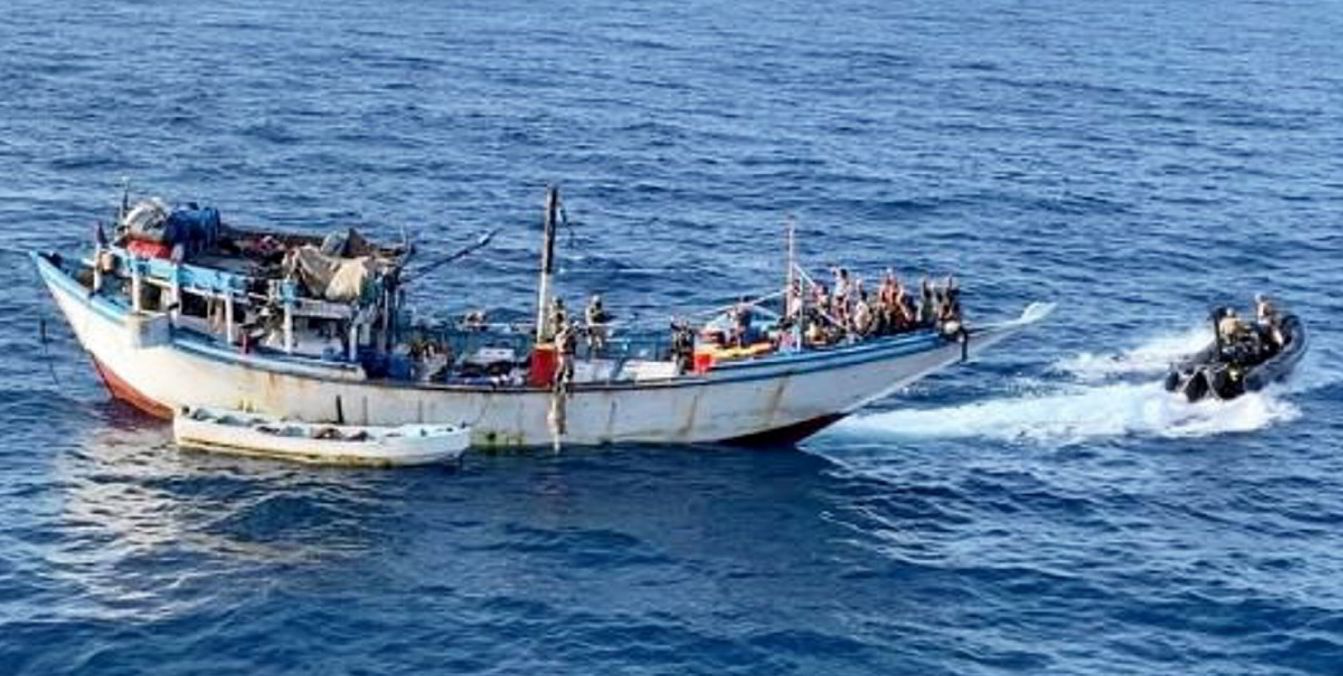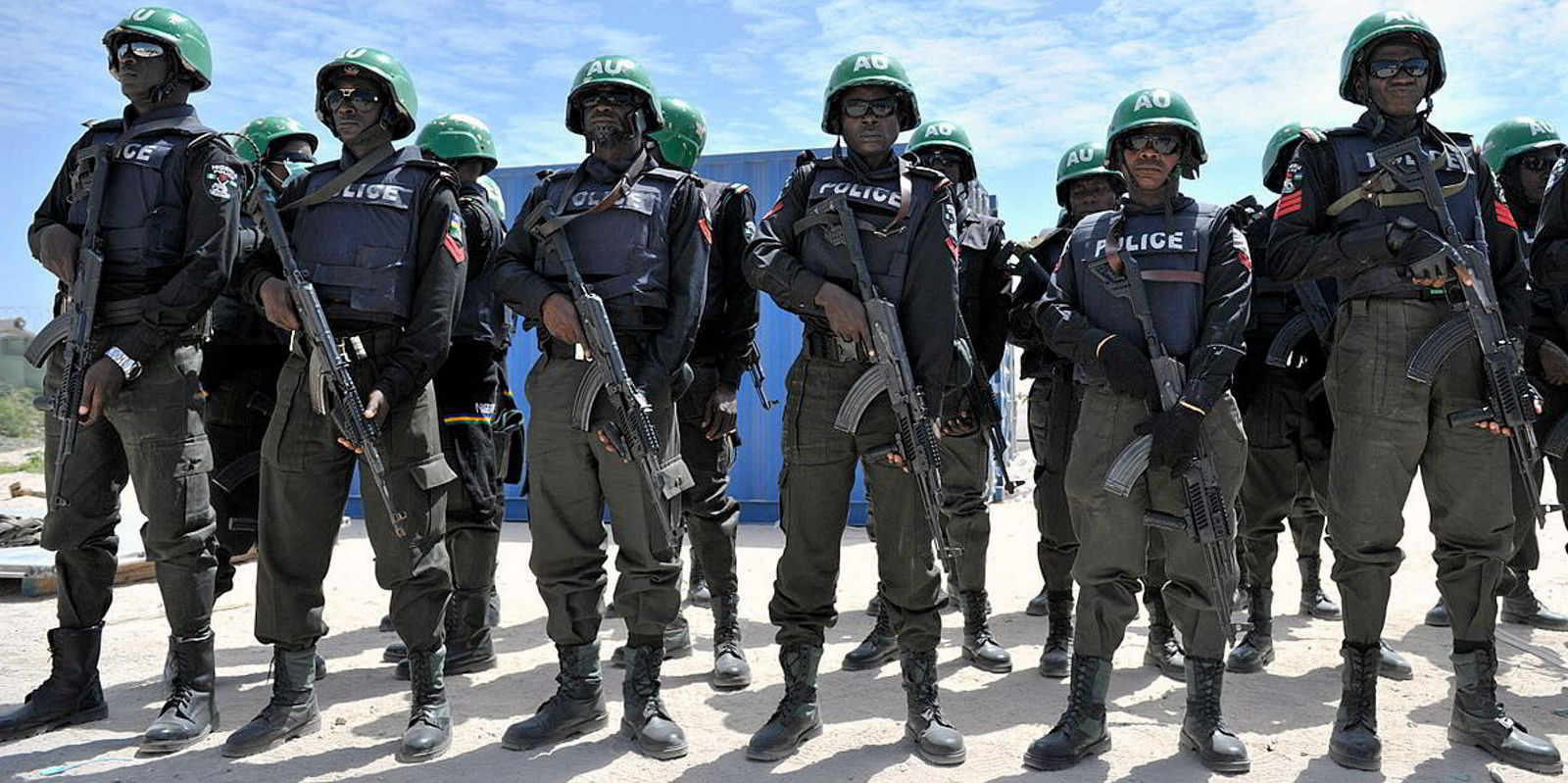Diaplous Maritime Services is warning against ending the presence of armed forces in the waters off East Africa.
As the United Nations Security Council appears prepared to wind down the international piracy operations in Somalian waters, the security provider cautioned that piracy could quickly return to the region.
"It should be highlighted that the overall reduction of piracy in the region is a testament to the enhanced private maritime security and response coordination measures adopted by regional and national authorities," Diaplous said in a white paper published on Wednesday.
"Therefore, the challenge is to preserve these 'hard-earned gains' and the shipping industry should not take any risk and jeopardise what has been accomplished so far.
"The indications that the intentions of Somali-based criminal elements could easily re-appear are strong should the security measures applied ... [be] withdrawn."
The firm called the current arrangement in the region, once the site of hundreds of high-profile pirate attacks, the "holistic maritime security system".
It includes naval forces in the region, private maritime security contractors, reporting organisations and others.
By 2017, these groups helped stamp out piracy from Somalia.
But attacks, allegedly by Houthi rebels fighting in Yemen's civil war, have become an issue since and continue to pose a threat in the Red Sea, Bab el-Mandeb Strait and the Gulf of Aden, Diaplous said, making security teams onboard a necessity.
Further, Islamist group Al-Sunnah in Mozambique poses a threat to shipping and the former Somali pirates have simply turned to lower-risk crimes.
"Our conclusion is that Somalia is not capable to impose a basic legal order not even in its capital, let alone through its vast and respective coastal sea, thus we assess that Somalia seems to be going back to its 'pre-piracy era' (pre 2007)," Diaplous said in the white forces.
By dialling back security, Diaplous warned there could be catastrophic consequences to crew, assets and commodities while adding significant costs. It said private security forces cost the inudstry just $80m .
In December, members of the Security Council agreed to continue allowing foreign naval forces to operate in Somalia's waters for three months rather than the year which had become customary.
Foreign forces had been in the region since 2008, with European Union navies operating in the area, with African Union activities in the region as well as forces from China, India, Japan, South Korea and Russia.
It followed the decision in August by a handful of industry organisations to shrink the high risk area in the Indian Ocean, the third time it had been shrunk since its establishment in 2009.
The area currently includes the waters off the Somalian and Yemeni coastlines, as well as the Bab el-Mandeb Strait and the very southern tip of the Red Sea.






